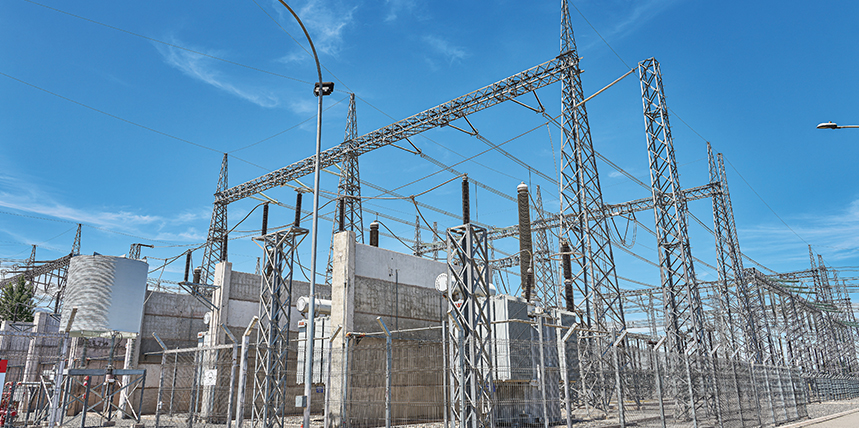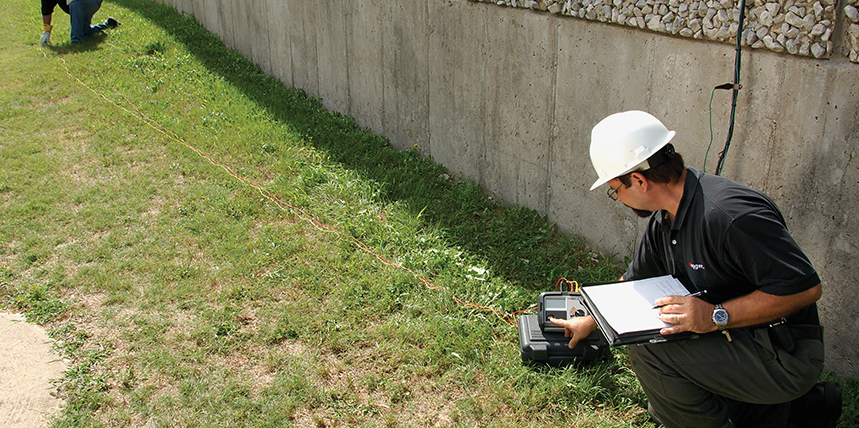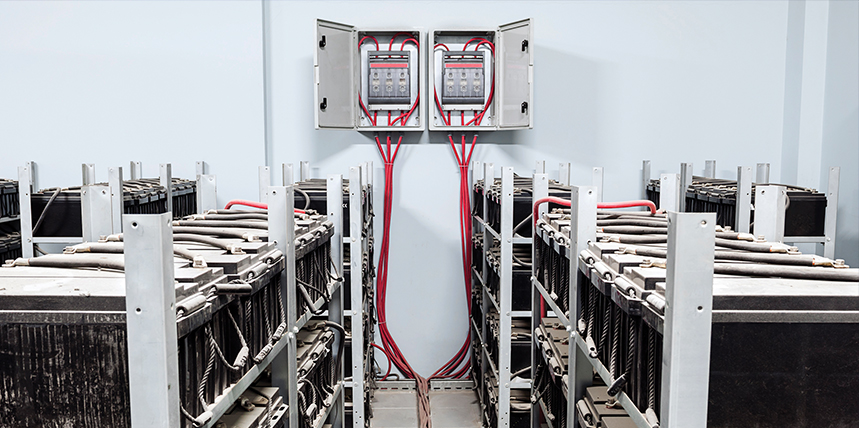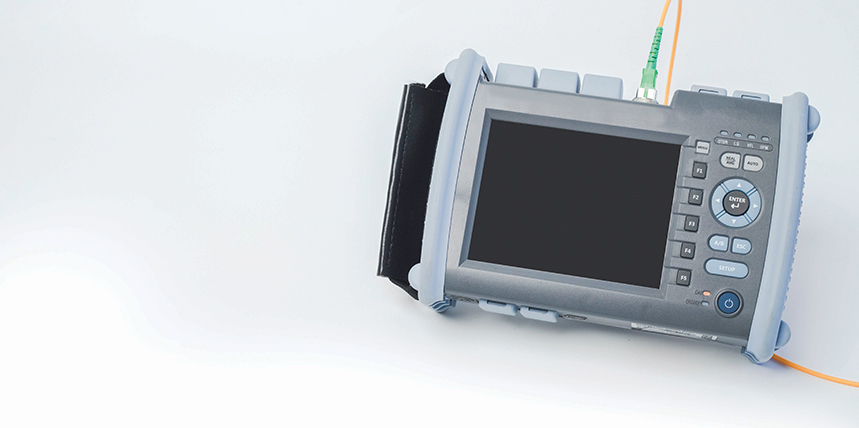Out of sight, out of mind is a common aphorism, but when it’s applied to standby backup batteries, it can — and does — become catastrophic. Standby battery banks support production lines, hospitals, computer rooms, and entire facilities to provide an alternate power source should utility power fail. The standby battery is the interface between a smooth transition and total …
The Importance of Grounding Renewable Systems
Storms with lightning are a major cause of electrical system interruption.
Rules for Grounding and Bonding
Grounding and bonding are integral parts of an electrical system and must be properly understood, installed, and maintained for maximum safety and performance. Accordingly, the National Electrical Code© (NEC©) focuses on describing, defining, and regulating this element, specifically in Article 250 Grounding and Bonding of Electrical Systems. Grounding electrical systems serve the dual purpose of limiting voltages that might otherwise …
Ground-Grid Integrity Revisited
Utility substations are undergirded by large — sometimes massive — grounding grids. These are made up of electrodes, much like the familiar ground rod, but with extended responsibilities. The grid must provide a means to carry electrical currents into the earth under normal and fault conditions without exceeding operating and equipment limits. The grid must also assure the safety of …
How Proper Grounding Protects Substations and Workers
Designing, installing, and maintaining an adequate grounding system is as important a part of substation design and maintenance as any other. “Out of sight, out of mind” definitely does not apply here. The grounding grid is not only essential to proper function and power quality but is also critically important to worker safety as well as that of public passersby. …
Advances in Ground Testing
The fundamental principles of electrical ground testing were laid down in the early 20th century, with much of the pioneering work done by Frank Wenner of the U.S. Geological Survey. The most basic and widely used method for measuring soil resistivity bears his name. These principles still underlie ground testing into the present century, but many improvements have been made …
Ground Fault Protection in Circuit Breakers
Commissioning and maintenance procedures for low-voltage circuit breakers may include testing to determine whether the circuit breaker is able to respond correctly to faults or overload conditions as specified in the coordination study. This requirement may include ground fault (GF) as part of the protection scheme. Testing may be performed through primary or secondary injection; primary injection is the best …
Advancements in Battery Ground Fault Location
There is always room for improvement. In electrical testing, this is particularly true because of the rapid development and application of the underlying electronics. Although a job may be proceeding with maximum satisfaction, it may well be made easier, faster, more accurate, and safer. For example, standby battery banks can develop ground faults over time through leaking electrolytes, accumulation of …
Using Grounding to Locate Cable Faults
Locating faults in buried or concealed cable is one of the most demanding, inventive, and interesting chores in all of electrical maintenance. The operator’s skills, knowledge, and ingenuity are paramount. When the power goes out, an entire facility, neighborhood, or community can be abruptly shut down without warning. Normally, this goes largely unnoticed as the utility seamlessly switches to another …
Ground Enhancements: An Answer to Difficult Grounding Situations
As part of the electrification of a facility, it is commonly thought that merely connecting the system to a driven ground rod means that the building is grounded. It’s not that simple. By pure luck, such an approach may indeed work. But the considerable value of the building, the efficiency of operation, the wealth of information and knowledge that is …






